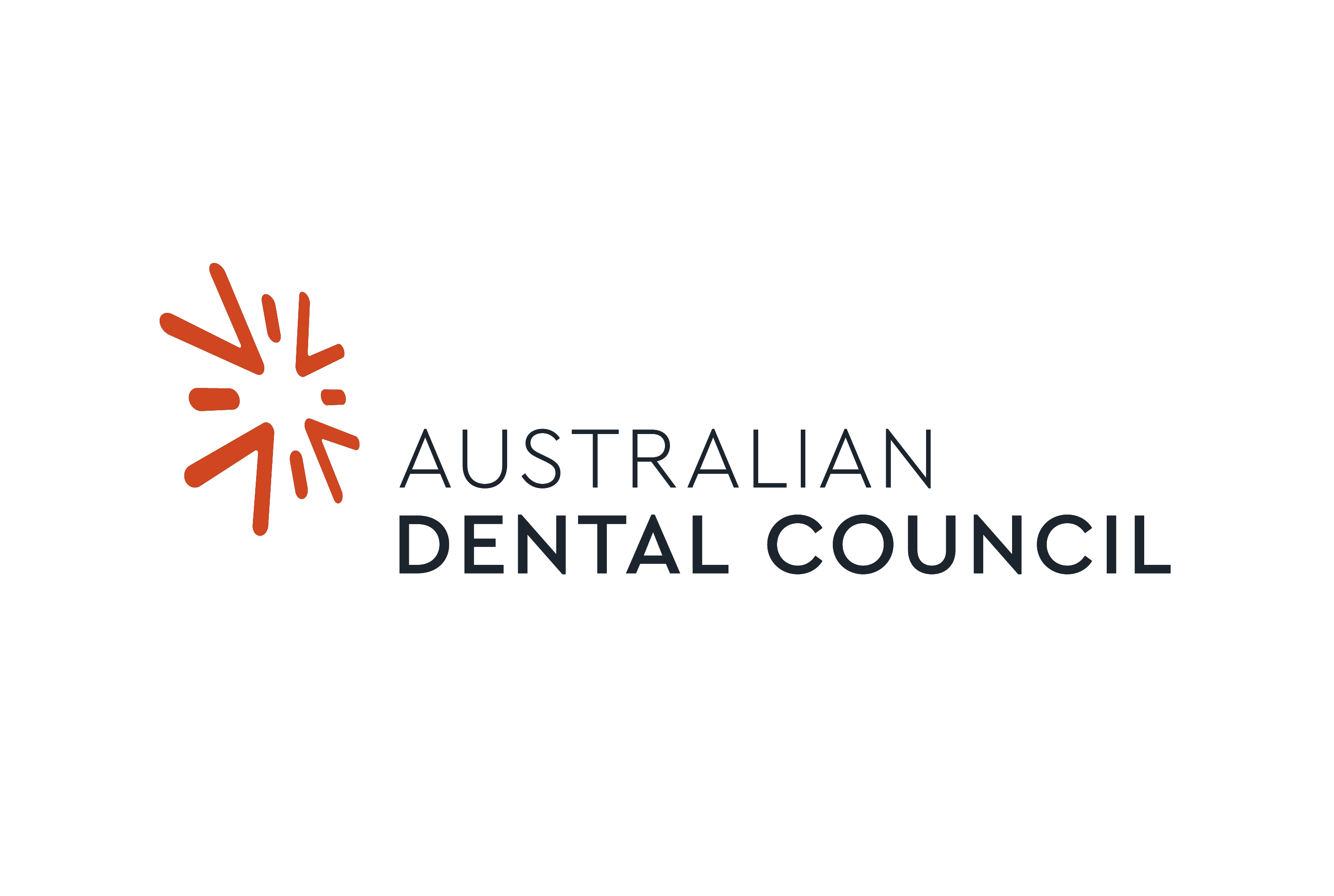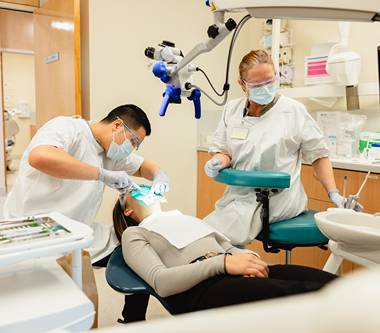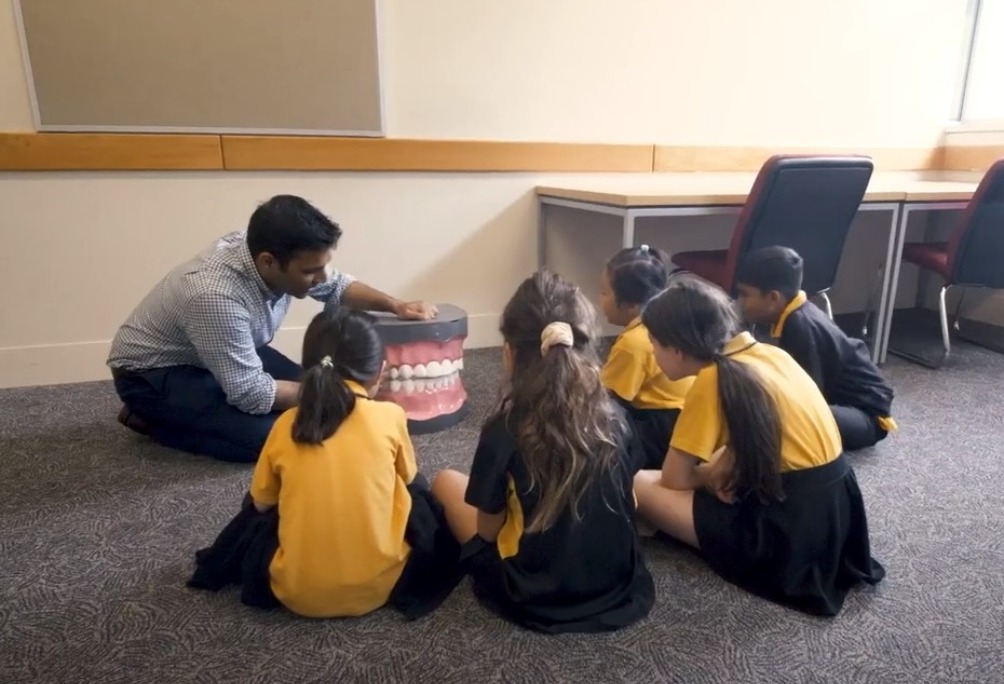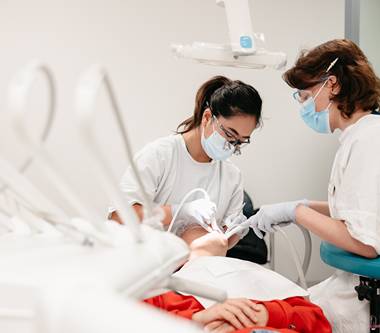Postgraduate
Doctor of Dental Medicine
Contact us
Address
Student Central
The University of Western Australia (M355), 35 Stirling Highway, Perth, Western Australia 6009
Telephone
131 UWA (131 892)
International
(+61 8) 6488 1000
Hours
Frequently asked questions
Careers and further study
Explore the career opportunities available to you.
Career Pathways
Further Study
Fees and scholarships
Learn more about the fees that apply to you for this course.
Domestic Student Fees
For Commonwealth-supported places, student contribution amounts are charged by unit, based on area of study. For a fee estimate, go to the Fee Calculator and select “I want to price my units”. Fees are subject to annual indexation. Refer to the Handbook to identify the units required. More information on how fees are calculated.
Domestic Student Fees for Full-Fee Paying Places
If you're not eligible for a Commonwealth-supported places, you will be charged a for Full-Fee Paying place. For Full-Fee Paying places, students are charged an annual course fee, charged per credit point at a rate dependent on the course in which the student is enrolled. Annual course fees are calculated based on an annual study load.
Check the handbook to confirm the annual study load for your course. Visit the Fee Calculator and select your course type to find out more. Fees are subject to annual indexation. More information on how fees are calculated.
Scholarships
Scholarships are available to students from a diverse range of backgrounds, including academic achievement, financial need, educational disadvantage, leadership and community service, artistic or sporting achievements, and being from a rural or remote area.
Cost of living
International Student Fees
Onshore international students are charged an annual course fee, charged per credit point at a rate dependent on the course in which the student is enrolled. Annual course fees are calculated based on an annual study load. Check the handbook to confirm the annual study load for your course.
Find out more about international student tuition fees and visit the fee calculator for the relevant course fees.
Fees are subject to annual indexation.
Scholarships
Scholarships are available to students from a diverse range of backgrounds, including academic achievement, financial need, educational disadvantage, leadership and community service, artistic or sporting achievements, and being from a rural or remote area.
Cost of living
Admission requirements
If you’re interested in furthering your career by studying this postgraduate course, find out the admission details below
Assured Pathway entry to Dentistry for domestic applicants
Australian citizens (including dual citizenship holders), permanent residents and New Zealand citizens are domestic students.
You may be eligible to apply for a school leaver place if you are currently completing high school ATAR (or equivalent level studies) or on a gap year, and have not commenced in university degree studies or vocational training at diploma level or above.
Domestic school leaver entry is a competitive process based on ATAR or equivalent, UCAT ANZ score and an interview process.
English Competency
English is the language of instruction and assessment at UWA.
Graduate applicants require at least two successful years of full-time or equivalent degree studies undertaken in Australia, Canada (excluding Quebec), Ireland, New Zealand, the United Kingdom or the United States of America. Graduate applicants who do not meet the ELC requirement via degree studies require IELTS Academic with an overall score of at least 7.0 and no band less than 7.0.
School leaver applicants must meet UWA's English language requirements for undergraduate entry.
Assured Pathway entry to Dentistry for international students
International school leavers do not hold Australian citizenship, permanent residency or New Zealand citizenship and are currently completing high school ATAR (or equivalent level studies) or a gap year, and have not commenced in university degree studies or vocational training at diploma level or above. Further information regarding International student status can be found below under the following section entitled: Which entry pathway is for me?
International school leaver entry is a competitive process based on ATAR or equivalent, ISAT score and an interview process.
Which entry pathway is for me?
Interview
Graduate entry to Dentistry
Bachelor degree holders or students who are in their first bachelor’s degree may be eligible to apply for graduate entry into the Doctor of Dental Medicine (DMD).
Graduate entry into the DMD is a competitive process based on GPA, GAMSAT (or equivalent) score and an interview process.
Graduate entry: GPA calculation and accepted degrees
The selection GPA (sGPA) forms part of the eligibility and selection criteria for graduate entry into this course. The UWA Admissions team will calculate the sGPA. Applicants must meet the specified minimum sGPA to be considered for a place in this course.
Eyesight Requirements
It is recommended to have an eye examination to determine any vision impairments which could interfere with the ability to succeed in the DMD course as well as in dental professional practice.
Vision impairments that can be corrected, such as by the wearing of eye glasses, should be arranged prior to commencement in the course.
Colour vision is integral to a number of dental tasks, for example colour shade matching dental crowns to natural teeth. Prospective applicants with colour vision impairment ("colour blindness") are advised to seek advice from an ophthalmologist to gain an understanding of any potential impact on their ability to work effectively as a dentist.
How to apply
The application process to the Doctor of Dental Medicine is different for the assured and graduate entry pathways, and for international and domestic applicants.
Refer to the below regarding application processes for each of the pathways to study the Doctor of Dental Medicine at UWA. More information regarding admission requirements and prerequisites for each pathway can be found on the 'Admission Requirements' tab.
Domestic Pathways to the Doctor of Dental Medicine
- Domestic Assured Pathway/School Leaver Entry: Applications are lodged via TISC. Refer to TISC Online for current course codes and application deadlines.
- Domestic Graduate Entry: Applications are lodged via UWA's online application system.
International Pathways to the Doctor of Dental Medicine
- International Assured Pathway/School Leaver Entry: Applications are lodged via UWA's online application system or via an authorised international education agent.
- International Graduate Entry: Applications are lodged via UWA's online application system or via an authorised international education agent.
Course details
About the course
Quick details
- Available
- Perth (Crawley campus)
- Full-time only
- On-campus
- The course will commence mid-January each year.
- Students will be expected to commit to an 08.00 to 17.00 daily schedule. The first year of study will be 39 weeks in total.
- Postgraduate
- 91860
- 089787B
Important dates
- January
- Domestic school leaver applications for 2026 commencement will open in line with TISC timelines in June 2025.
- International school leaver applications for 2026 commencement open 1 January 2025.
- Graduate applications for domestic students for 2026 commencement are planned to open 1 May 2025.
- Graduate applications for international students for 2026 commencement open 1 January 2025.
- Domestic school leaver applications close end of September in line with TISC timelines.
- International school leaver applications for 2026 commencement close 30 June 2025.
- Graduate applications for domestic students close 31 May 2025.
- Graduate applications for international students for 2026 commencement close 30 April 2025, with a second application round closing 30 June 2025.
Refer to Admissions Requirements for information on eligibility criteria and how to apply.
Course structure
Postgraduate coursework degrees and combined (coursework and research) degrees comprise a number of units. Refer to the course structure for more information.
Top reasons to study Dental Medicine at UWA
- Home to WA's only tertiary Dental School, UWA has trained future dentists for more than 75 years. Taught by dedicated staff in state-of-the-art facilities.
- You will undertake real-world experience at the Oral Health Centre of Western Australia (OHCWA) as well as in the clinical placements in the Dental Health Services in Metropolitan and Rural areas and community settings.
Course accreditation

The Doctor of Dental Medicine (91860) is accredited by The Australian Dental Council (ADC). Upon graduation, individuals are eligible to apply for registration with the Australian Health Practitioner Regulation Agency (Ahpra), allowing them to practice as a dentist in their chosen field across Australia.





